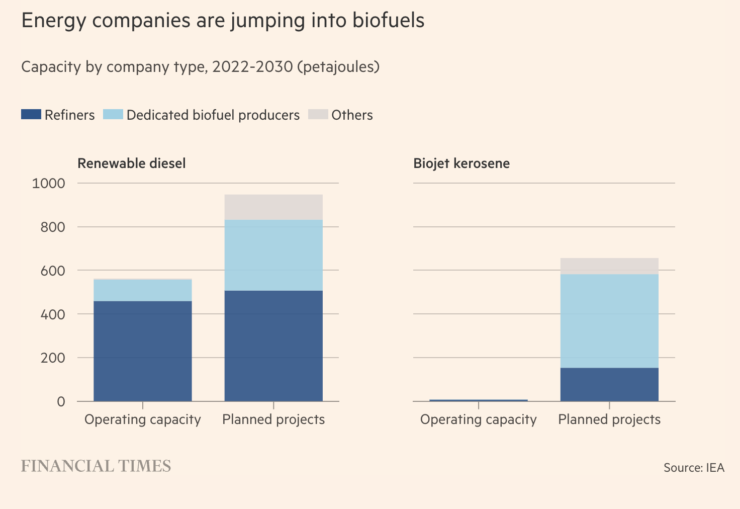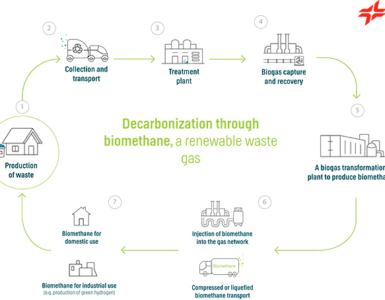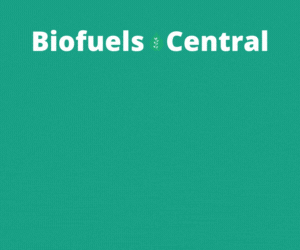BP wins approval to revamp oil refinery for biofuel production – FT.
If you are like me, you’ve noticed of flood of new faces in your local gym this week. In the new year, it is finally time to get fit and healthy. In fact, FT employees here in New York have been offered two workouts this month at Barry’s, the bourgeois boot camp business. Gym rival Equinox does the reverse psychology thing by saying it does not accept new applicants on January 1 because “we want you every day.”
Why am I bringing this up? Because our climate conundrum is a lot like diet and exercise: we sweat and starve in January so that we can “afford” to do unhealthy things in December. Increasingly, we try to offset our carbon emissions so that we can continue to burn fossil fuels. The roaring debate about voluntary carbon offsets fits this. We subtract some emissions by planting trees so that we can continue to afford flights around the world.
No different than jogging for 30 minutes so I can eat Brie. But there are actions we can take to clean up the climate that do not include a treadmill. Today, I have news about biofuels, which are an increasingly high-profile — and highly controversial — part of the transition away from fossil fuels. However, as much as the oil majors like talking about their biofuel investments, these are still dwarfed by the sums they continue to pump into fossil fuel production.
Please use the sharing tools found via the share button at the top or side of articles. Copying articles to share with others is a breach of FT.comT&Cs and Copyright Policy. Email licensing@ft.com to buy additional rights. Subscribers may share up to 10 or 20 articles per month using the gift article service. More information can be found here.
https://www.ft.com/content/18bc37e2-0a9b-47e9-81d9-1f2ad15ff045
Oil majors pushed to transition refineries into biofuel hubs Animal fats and other stinky stuff from the kitchen are increasingly becoming business opportunities for oil majors as they dip their toes into the production of biofuels, a large category that includes some forms of waste.
On Tuesday, Western Australia’s Environmental Protection Authority approved BP’s plan to revamp an oil refinery south of Perth so that it can make fuels from natural products like vegetable oils, animal fats and other biowaste. This biofuel conversion project is unprecedented for BP, the company has said, and kicks off a multibillion-dollar investment in more sustainable types of fuels that can be seamlessly substituted for conventional ones.
The Australian refinery is one of five biofuel projects that BP has planned globally, the company said. But, make no mistake, oil is still king at BP. The company last year reversed its shift away from fossil fuels, saying it would continue to pump more oil. Separately on Wednesday, BP and Equinor scrapped a New York offshore wind contract as its costs rose.
In its most recent financial results, BP said it expected oil production to increase and production from natural gas and low-carbon energy “to be slightly lower”. BP spent $222mn in the third quarter of 2023 on developing low-carbon energy. It spent $1.6bn on oil. Still, oil majors globally have jumped into the biofuels space.
Last year, ExxonMobil said its Canadian affiliate Imperial Oil was investing $560mn to build the largest renewable diesel facility in the country. Production is scheduled to start in 2025. In an interview with the FT in December, Exxon chief executive Darren Woods said “biofuels will play a role” in the transition away from fossil fuels.
“The transition is not limited to just wind, solar and EVs,” he said. Other energy companies are also looking to convert oil refineries for biofuels production. The Finnish company Neste said in December it would begin converting its oil refinery east of Helsinki into a biofuels refining hub.
BP is scheduled to produce SAF at its Australia refinery by 2026.
Other jurisdictions have joined in. The Canadian province of British Columbia in December published new, stricter low-carbon fuel standards that will hit the aviation sector. Beginning in 2028, at least 1 per cent of jet fuel must be SAF, increasing to 10 per cent in 2030. This would apply to all jet fuel imported or manufactured in the province regardless of the destination of each flight.
And in December, the US Treasury Department published requirements for sustainable aviation fuel credits that were included in the 2022 Inflation Reduction Act. This SAF credit offers airlines $1.25 for each gallon of sustainable aviation fuel in a qualified mixture.
Global production of lower-carbon jet fuel is expected to double this year, according to S&P.
Europe accounts for about 50 per cent of global SAF production. About a quarter comes from the Americas and another quarter from Asia and the rest of the world.
Jamie Dorner, S&P’s biofuels analyst said:
Currently, the US has very few plants operating and producing SAF, so the ramp up time for additional plants becomes of great importance, especially as the US seeks to meet its production targets of 3bn gallons by 2030.
Smart read
China’s BYD overtaking Tesla as the world’s best-selling brand of electric vehicles is one of the most eye-catching headlines of the first week of 2024. But it is just one of the striking green advances China has recently achieved. I recommend reading this FT editorial to catch up on the others.
READ the latest news shaping the biofuels market at Biofuels Central
BP wins approval to revamp oil refinery for biofuel production, January 5, 2023









